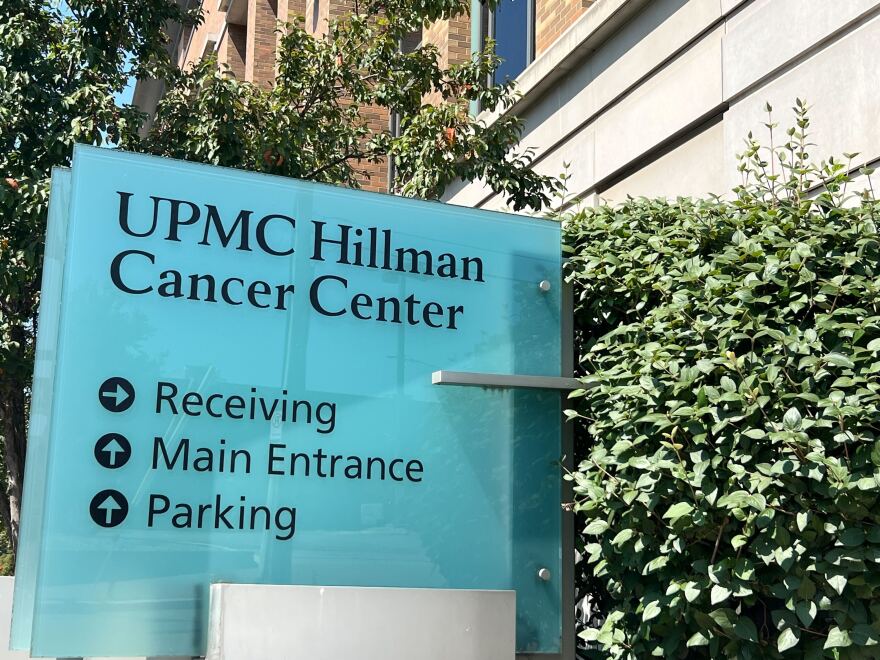Researchers at the UPMC Hillman Cancer Center are pioneering a new method for treating early-stage breast cancer by administering radiation therapy before surgery. This innovative clinical trial is led by assistant professors Dr. Parul Barry, a radiation oncologist, and physician-scientist Dr. Ravi Patel. Their approach aims to shrink tumors using targeted radiation doses, potentially reducing side effects and overall treatment duration.
Traditionally, breast cancer patients receive radiation therapy three to seven weeks after surgery. This lengthy schedule often discourages women from completing their treatment, with approximately one-third of patients nationwide not finishing their radiation therapy. In contrast, the Hillman trial offers five radiation treatments over a week prior to surgery, cutting the overall treatment timeline to about three weeks. “With just five treatments and relatively low toxicity, you’re mitigating some reasons why people may skip radiation,” Barry stated. “Patients are progressing through the treatment effectively and tolerating it well.”
The trial is not only about shortening treatment time; it also explores how radiation may enhance the body’s immune response to cancer. Dr. Patel explained, “When we irradiate the tumor, we can cause some of those cancer cells to die and release what we call cancer neoantigens that your immune system can process.” This innovative approach may allow for an immune response against cancer when radiation is administered before surgery rather than afterwards.
The collaboration between clinicians and researchers at Hillman is central to this trial’s uniqueness. Blood samples from patients are sent directly from the clinic to Patel’s lab for analysis of immune markers and molecular responses to treatment. This immediate feedback could help identify which patients stand to benefit most from this new approach and perhaps even those who may avoid surgery altogether in the future. Barry noted, “This is truly a bench-to-bedside trial. That’s the only way we’ll actually be able to move precision therapy forward.”
Insights from oncology nurse-researcher Dr. Margaret Quinn Rosenzweig, who is not involved in this trial, underscore the importance of patient confidence in clinical trials. Patients frequently seek reassurance from their physicians about the suitability of participation. Rosenzweig remarked, “It’s a brave clinician who’s questioning their own practice. It’s really, you know, a true scientist who will say, are we doing everything in exactly the way we should be or could we change this?”
The use of pre-surgery radiation has become standard in treating colorectal cancer and is gaining traction in other types of cancer due to its potential to minimize the need for more invasive procedures and preserve organ function. Barry indicated that early results from the trial have been encouraging. “Overall, [the breasts] look almost as normal as they did before surgery,” she explained. “Patients are flying through this radiation and healing very, very well. The toxicity is very, very low.”
This research could significantly enhance the quality of life for many patients. Barry emphasized, “A lot of what radiation allows for is organ preservation. For women, breasts are so important psychosocially. Radiation allows people to still achieve a cancer cure without too much disfigurement.”
Currently, Barry and Patel’s trial is enrolling patients diagnosed with stage 1 hormone-sensitive breast cancers, with plans to expand to higher-risk cancers and explore new combinations of radiation with chemotherapy or hormone therapy. The outcomes of this trial could reshape breast cancer treatment and improve patient experiences in the years to come.







